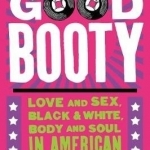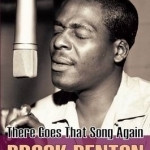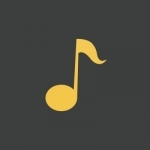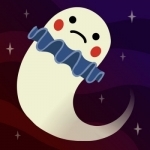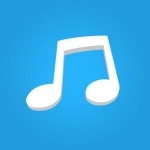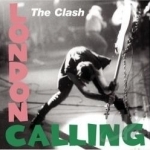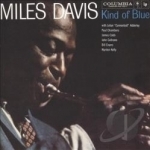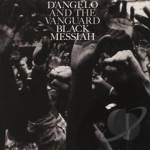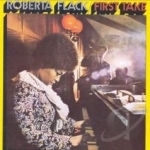"These were the two albums that introduced me to jazz. I knew bits and bobs but my dad was not really interested in jazz, it was never played in the house. Never heard it much on the radio. Eventually a girlfriend of mine at the time, when I was at Manchester Polytechnic, she played the Art Tatum album because her father had the Art Tatum Group Masterpieces. It's a beautiful album, it's so beautifully recorded, it represents an era before Miles, it's like jazz before Kind of Blue, it has that feeling of being slightly more traditional. But at the same time you can see the seeds of modernity within the recording, the extraordinary dexterity of Art Tatum. And once again, the engineering on these jazz records at that time is quite brilliant. I still listen to this album in its entirety. I love Ben Webster's tone. There's something very sensual about this recording. Just a beautiful thing to listen to.
Kind of Blue was next on the list of the albums that I bought. And what I love about Kind Of Blue is the completeness of it. You get such joy; in a way the CD was better, because you didn't have to get up and go over to the deck and turn it over to side two, you just played it all the way through. This has been an influence on me in my attitude towards the band, and being in a band, and having a band, and what I had to face as I went through the Simply Red process. Because I realised that jazz musicians and reggae musicians and soul musicians, they don't have this peculiar . . . and I think part of it's evolved from British music journalism, actually . . . this notion that these guys in the band have to be effectively married, and there's some kind of sin created if one of them leaves or someone else comes in; it's like a national scandal, and everybody's in trauma that somebody leaves. With Miles Davis' career, he cleverly and naturally evolved over a period of years, choosing some of the greatest musicians that ever walked on the face of the earth. That again is one of the great things about Kind Of Blue – the fact you have Cannonball Adderley, Bill Evans and John Coltrane, and Miles Davis on the record, and I think it's Jimmy Cobb on drums, Paul Chambers on bass. When I emerged as the only writer of the songs in Simply Red, it dawned on me and my management that we didn't have to be like the Beatles, and that you could say, “If this isn't working out, find another musician that's got talent, just keep moving.” Because I had that problem: I didn't have my second guy. John had his Paul and Mick had his Keith and Bono had his Edge, and that didn't happen to me, there was nobody else writing. And so when I saw jazz and the fluidity of Miles Davis, I thought, what's wrong with that? If there's nobody else writing, then bring other people in as the thing evolves.
One of my great musical memories and moments was being at the Grammy Awards in, I think it was 1987, and I was talking to a very pretty girl backstage, and Miles Davis walked by, and I just froze because I was so thrilled to be in the space of my great hero. Then he stopped, and turned round, and came up to me and went [an excellent impression of Davis's hissing rasp] “Simply Red, right?” And I nodded in silence. You know, I'd been on the dole for four years, I'd just become famous in a matter of months, and there I am at the Grammys and Miles Davis knows who I am. He said, “I love that album, Picture Book, man!” And then just strolled off to the toilets. I was left completely stunned. You know, that, one, he even knew who was – and that he liked my album. It was an incredible thrill. I've never forgotten it."
Source
